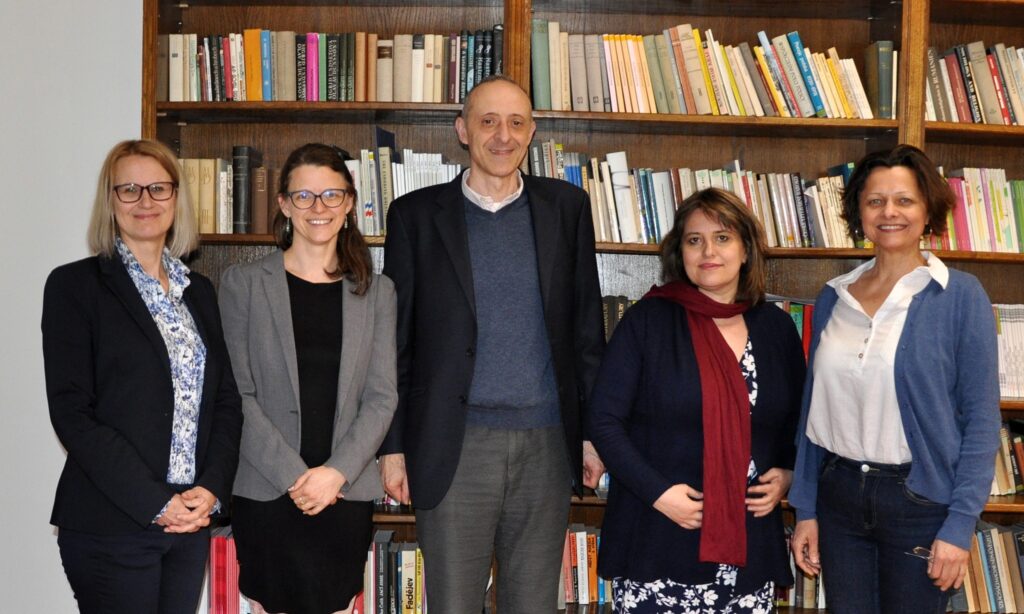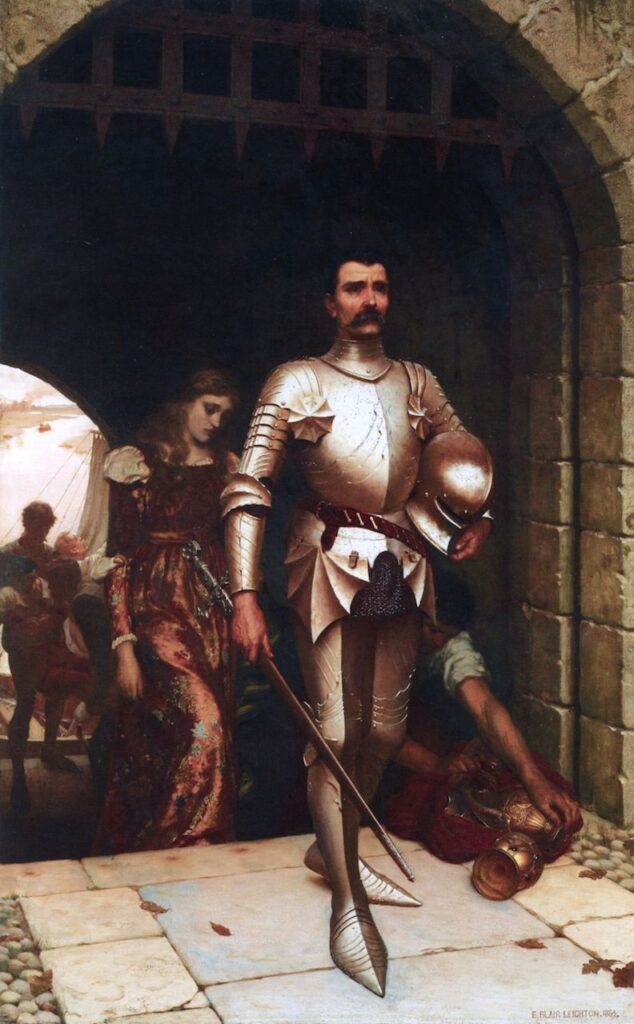Researcher's name
Nuzzo Armando

The Research Group on Baroque Literature and Spirituality (BILK) started its work on 1 July 2012 as a research group supported by the Hungarian Academy of Sciences under the leadership of László Szelestei Nagy, as a continuation of the research programme (Workshop on the History of Spirituality founded in 2007) of the Hungarian Literature Department of the Pázmány Péter Catholic University. The research group has been led by Judit Vásárhelyi from 2017, Emil Hargittay from 2020, and Armando Nuzzo from April 2023, while László Szelestei Nagy has been actively involved in the work of the group throughout. In the first five years, BILK has had seven full-time staff members, and since 2017 four full-time staff members, currently Rita Bajáki, Orsolya Báthory, Ibolya Maczák and Vera Szádoczki.
Downloads
The Research Group was established with the aim of researching the sources of the spirituality of the Carpathian Basin in the 17th and 18th centuries, to change its discredited position, and to bring the study of the genres of the history of spirituality back into the mainstream of research of literary historiography.
Since the literary historiography wich based on the aspect of development has tended to ignore religious works, fact, that until the Research Group was set up, there was little organised/institutional research in this field. Since in the centuries before the Enlightenment the relationship between God and the individual was the most important relationship in human life, its textual manifestations were essentially the literature. The study of spiritual works is therefore important for the canon-forming profession, which determines literary literacy and education in any given time. At the same time, the Group also communicates its scientific findings to the lay public, believing that the community-building and community-preserving role of religious practice in the past, and the individual and community identity-building function of devotion, can be a guide for people today.
The Group is currently in its third call cycle and will continue to follow the research orientations developed in the first call cycle and the methodology that has proven to be operational in the 2022-2027 cycle. According to this, the research covers the three main subject areas of the history of spirituality: the continuation of the item-by-item enumeration of printed and manuscript prayers, folk songs and sermons of the 16th-18th centuries, the registration of these in electronic databases, the continuous maintenance of a bibliography compiled from the relevant literature, and the publication of worthy texts.
Since 2017, the Research Group has also been involved in research and in the publication (critical edition) of on the oeuvre of Péter Pázmány.
In addition to its independent research, the Research Group also performs a significant scientific organizing function, organizing two conferences a year: a small, one-day winter conference, where invited speakers give their lectures and also hold a workshop, and a multi-day spring conference, where invited speakers discuss an aspect of the old Hungarian literature of spirituality. Both events will be published in a book, which will be available on the Research Group’s website and in hard copy.
The Research Group also edits and maintains three series on the history of spirituality. In addition to the papers presented at conferences on the history of spirituality edited into studies, the Studies in the History of Spirituality series includes monographs and individual volumes of studies, with 31 volumes published to date. The series Sources in the History of Spirituality publishes unpublished texts from the 17th and 18th centuries with accompanying studies. The Bibliographies of the History of Spirituality series is of two main types: one which covers the sources of the three genres of prayer, popular songs and sermons published before 1800, and one which provides a complete bibliography of the secondary literature on the three genres.
In order to disseminate its results, the Research Group organises public readings, guest lectures at other universities, and participates in the Ars Sacra Festival and the Researchers’ Night. The dissemination of knowledge is also promoted through the electronic and print media.




